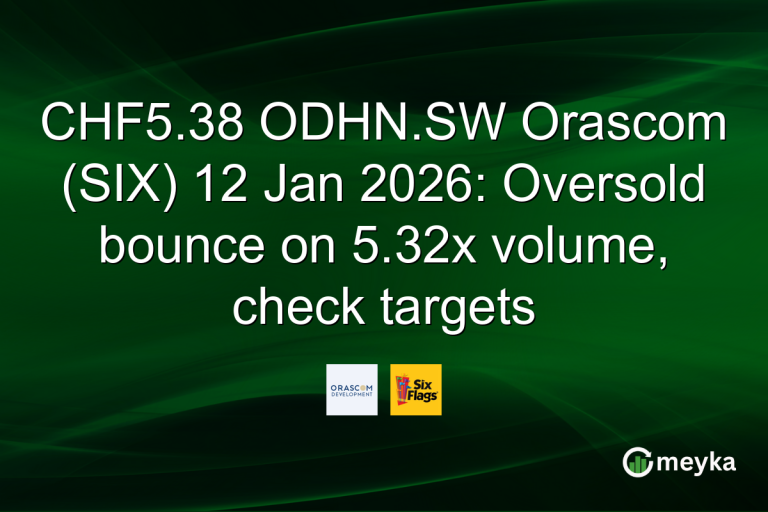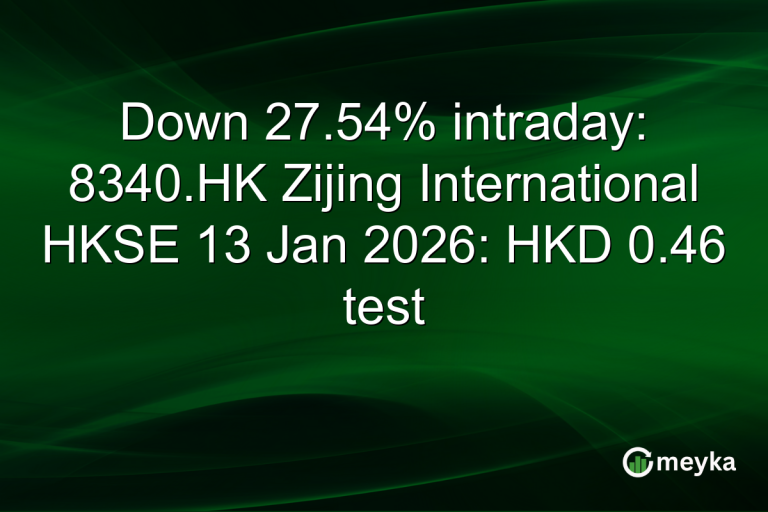SNAP Benefits News Today, Nov 9: Supreme Court Ruling Raises Concerns
Today, the Supreme Court issued a temporary ruling affecting Supplemental Nutrition Assistance Program (SNAP) benefits. This decision permits the Trump administration to delay the full distribution of food assistance funds, impacting 42 million Americans in November. The ruling highlights ongoing legal and political disputes regarding federal food assistance programs, igniting concerns about their immediate future.
Continue Reading on Meyka
This article is available in full on our main platform. Get access to complete analysis, stock insights, and more.
Read Full Article →





